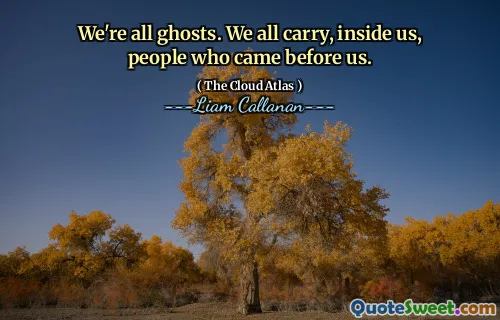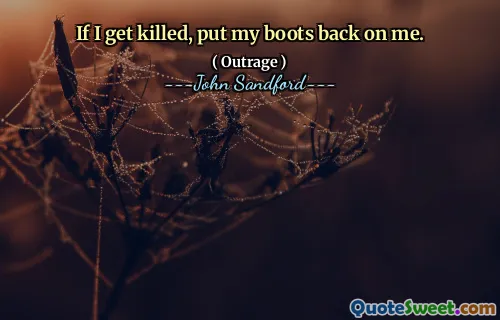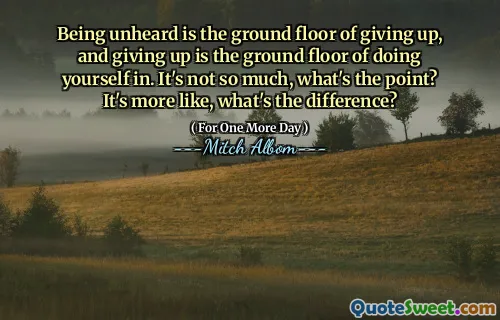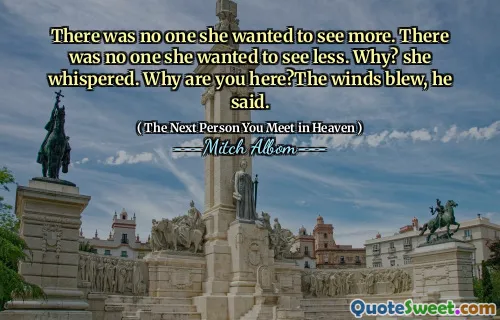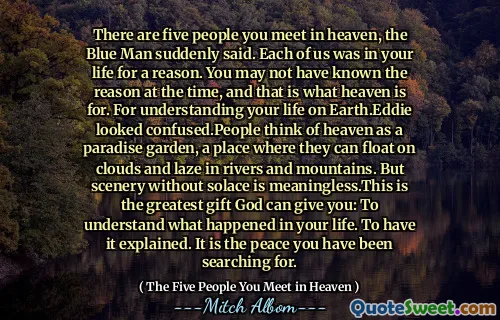That time of year thou mayst in me beholdWhen yellow leaves, or none, or few, do hangUpon those boughs which shake against the cold,Bare ruin'd choirs, where late the sweet birds sang.In me thou seest the twilight of such dayAs after sunset fadeth in the west,Which by and by black night doth take away,Death's second self, that seals up all in rest.In me thou see'st the glowing of such fireThat on the ashes of his youth doth lie,As the death-bed whereon it must expireConsumed with that which it was nourish'd by.This thou perceivest, which makes thy love more strong,To love that well which thou must leave ere long.
In this quote, the speaker reflects on the passage of time and its impact on life, as symbolized by the changing seasons. The imagery of yellow leaves and barren branches evokes the coldness and emptiness associated with aging and the inevitable approach of death. The speaker likens their own existence to the twilight of a day that gradually gives way to night, suggesting both a sense of loss and resignation as life's vibrancy fades away.
The speaker also conveys the idea that the awareness of mortality can deepen love. They describe the remnants of youthful fire, now reduced to ashes, emphasizing the connection between life and love. As the inevitable end draws near, the richness of love is intensified by the understanding that what is cherished must eventually be let go. This poignant acknowledgment of life's transience serves to remind the beloved of the preciousness of their bond.
